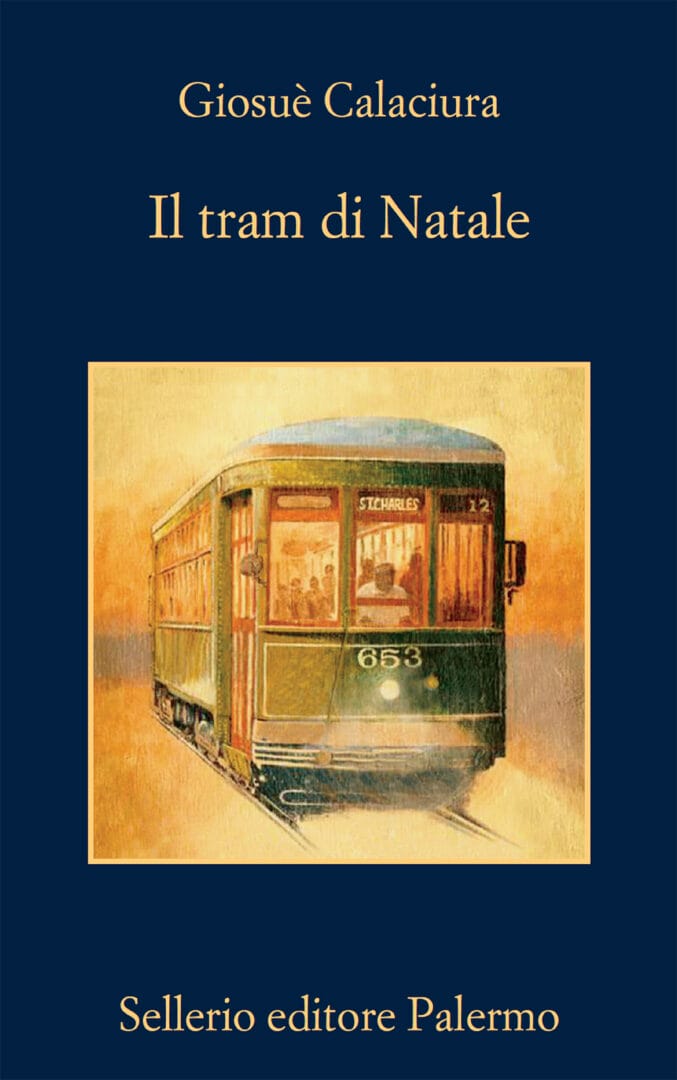Il tram di Natale

A streetcar, which makes itself imagined as an island of light in the darkness of Christmas night, travels through the far suburbs. Inside it carries a mystery, fragile and abandoned. Poor people who have finished their day get on. The prostitute deported from Africa, her hapless client, the illegal immigrant who lives by expediency, the artist overcome by illness, the nurse besieged by loneliness, the boy who cannot put together dinner for his partner and daughter. They go toward the eve night that awaits them, or that simply does not await them. Each carries with them, in their thoughts, in their memory, on their bodies, a different and complicated story, about themselves and others, but still steeped in helplessness and anger. But that mystery thrown in the back of the seats, behind the cab of the driver addicted to indifference, gathers them all together, like a traveling crib, a mirage of salvation. As much as each of them feels that there is no salvation outside that Christmas streetcar. In his strongly lyrical prose, which has the ability to modulate to the moments of the story, almost to music, Giosuè Calaciura with the tools of literature gives us back the urgency, depth and contradictions of our time. In the manner of Dickens (whose A Christmas Carol this tale openly recalls), without shying away from putting himself resolutely on the side of denunciation and commitment.
The purpose is to affirm that society has inalienable human substance and to show its tenacious desire to exist. Thus, book after book, Calaciura goes on to compose a novel of the streets that have no name.